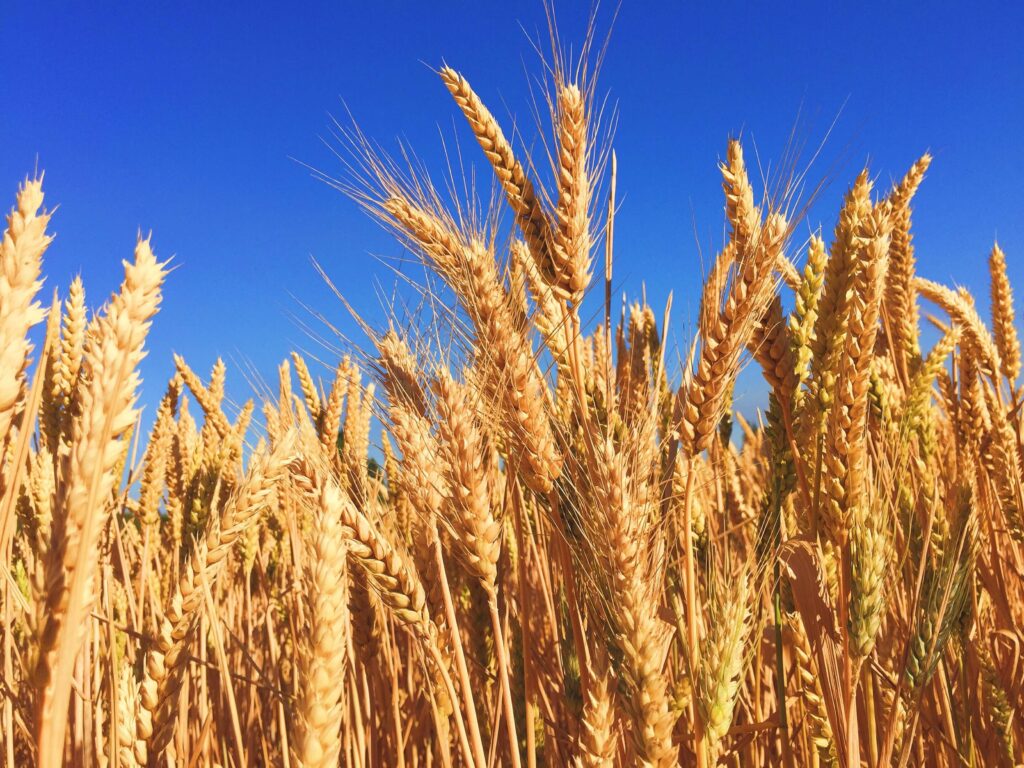The poultry industry plays a vital role in providing a valuable source of protein and employment to millions of people in Pakistan. Chicken price in Pakistan, being an essential aspect of the industry, has a significant influence on the livelihood of farmers, traders, and consumers. In recent years, chicken prices have experienced considerable fluctuations, which have raised concerns for both producers and consumers. This article aims to provide an in-depth analysis of the factors affecting chicken price in Pakistan, its regional variations, and potential strategies to stabilize prices.
The Poultry Industry in Pakistan
Contents
Overview
The poultry sector is one of the fastest-growing industries in Pakistan, contributing to around 1.4% of the country’s GDP. It is a major supplier of meat, eggs, and employment opportunities, particularly in rural areas. The industry has evolved from traditional backyard farming to modern commercial farming, which has increased production efficiency and output.
Challenges
Despite its significant contribution, the industry faces numerous challenges, such as high input costs, disease outbreaks, lack of access to quality feed and vaccines, and inadequate infrastructure. These factors play a critical role in determining the chicken price in Pakistan.
Current Chicken Rate in Pakistan
Last Updated on Aug 25, 2023. We want to make sure you have the most up-to-date information on prices.
As of August 2023, the average price of chicken in Pakistan is PKR 582 per kg. However, it is essential to note that these prices are subject to change due to various factors discussed in this article. For the latest chicken prices, it is advisable to refer to local market rates or reliable online sources.
Explore the prices of seafood in Pakistan by visiting our Fish Prices article.
Factors Influencing Chicken Price in Pakistan
Demand and Supply
The demand for chicken and its products has been steadily rising due to the growing population, urbanization, and increasing disposable income. However, the supply side often struggles to keep pace with the rising demand, leading to price fluctuations.
Production Costs
Production costs, including feed, labor, electricity, and transportation, have a direct impact on the chicken price in Pakistan. Any increase in these costs is usually passed on to consumers, resulting in higher chicken prices.
Seasonal Fluctuations
Chicken prices in Pakistan also experience seasonal fluctuations, with prices typically peaking during religious festivals and wedding seasons due to increased demand. Moreover, extreme weather conditions can affect production, further influencing prices.
Government Policies
Government policies, such as taxation, subsidies, and import/export regulations, can also impact chicken prices. For example, high import duties on raw materials or the removal of subsidies can lead to increased production costs, ultimately affecting chicken prices.
Regional Variations in Chicken Prices
Chicken prices may vary across different regions in Pakistan due to factors such as transportation costs, local demand and supply, and regional production capacities. Major cities, including Karachi, Lahore, and Islamabad, often have higher chicken prices compared to rural areas due to higher overhead costs and greater demand.
Impact of Chicken Price Fluctuations on Consumers and Producers
Price fluctuations in the chicken market affect both consumers and producers. High chicken prices can lead to reduced consumption, negatively impacting the health and nutrition of the population. For producers, unstable prices make it difficult to predict revenue, making long-term planning and investment challenging.
Strategies for Stabilizing Chicken Prices
To stabilize chicken prices in Pakistan, several strategies can be adopted, including:
- Improving infrastructure and access to quality inputs, such as feed and vaccines, to increase production efficiency.
- Implementing government policies that support the poultry industry, such as subsidies and tax breaks.
- Encouraging local production and reducing reliance on imports.
- Developing strategies to manage seasonal fluctuations in demand and supply.
- Promoting the use of modern farming techniques and technology to enhance productivity.
- Strengthening the supply chain to ensure timely delivery of inputs and reduce wastage.
- Supporting research and development efforts to combat diseases and improve overall poultry health.
Conclusion
The chicken price in Pakistan is influenced by various factors, including demand and supply, production costs, seasonal fluctuations, government policies, and regional variations. To ensure a stable and sustainable poultry industry, it is essential to address these challenges and adopt strategies to maintain stable chicken prices. In doing so, the industry can continue to contribute to the country’s economy and provide a vital source of nutrition and employment for millions of Pakistanis. With a collective effort from the government, producers, and other stakeholders, the poultry industry in Pakistan can overcome its challenges and thrive in the years to come.



